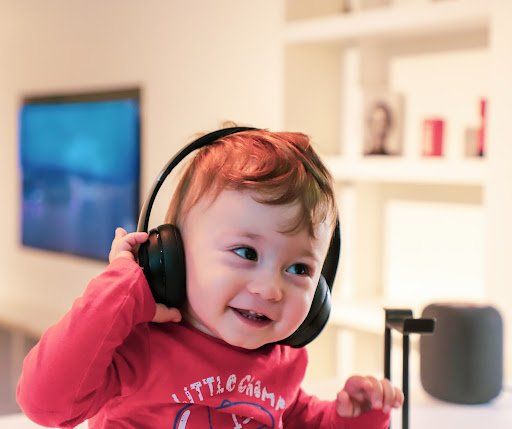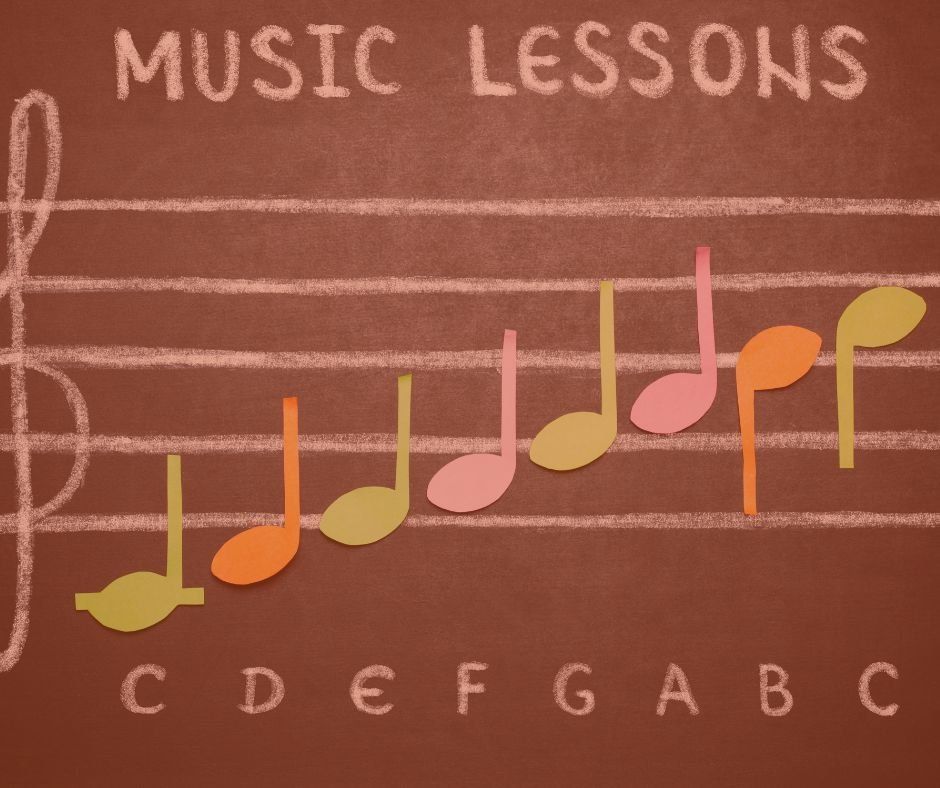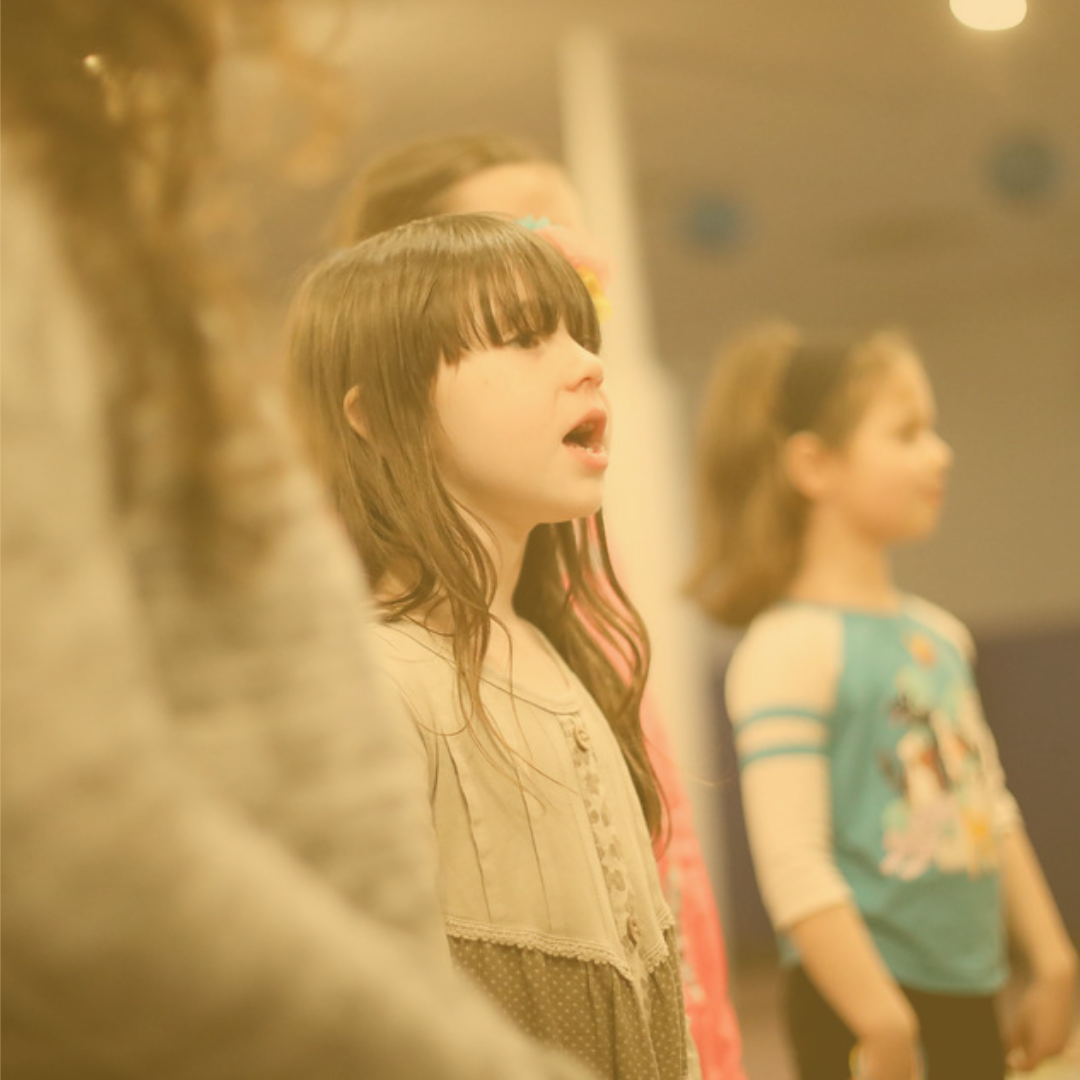Voice Lessons for Kids – Recognizing the Signs Your Child is a Singer!
Proud parents, If you’ve noticed your child singing their heart out all the time, trying to harmonize with the radio, or belting out tunes at school, you might wonder if they have a hidden talent waiting to shine. Well, wonder no more! In this article, we will explore some of the signs your child might be interested in singing and how you can help them embrace their passion/nurture their interests by starting voice lessons!
Voice Lessons for Kids: Spotting the Signs of a Singer
Does your little one hum while playing with their toys, sing in the shower, or even serenade their stuffed animals? If so, you’ve got a singer on your hands! If your child loves to sing along with songs on the radio and can effortlessly harmonize with the tunes, it’s a strong indicator of their musical inclination. Pay attention to their enthusiasm for school choir or music classes. If they eagerly participate and look forward to these activities, it’s a sign that they’re drawn to singing.
Voice Lessons for Kids: Embracing Their Passion
Now that you’ve recognized your child’s interest in singing, it’s time to help them embrace it.
Start Voice Lessons and Music Classes
Depending on your child’s age and readiness, consider enrolling them in voice lessons. Many music schools and vocal coaches offer tailored classes for kids, helping them develop their singing skills from an early age.
Alongside voice-focused lessons, explore other music classes for kids, as well. These classes can cover various aspects of music, from rhythm to instrumentation, and complement your child’s vocal training.
Online Access – Children’s Music Lessons
Online music lessons are a fantastic option if you’re looking for convenience and flexibility. They allow your child to learn from the comfort of home and work around their schedule. Learning an instrument can enhance your child’s musical abilities and understanding. Consider piano or guitar lessons to help your child round out their comprehension of singing and music.
Voice Lessons for Kids – Boosting Their Confidence
Embracing your child’s passion for singing can be incredibly rewarding. Not only will they develop their musical talent, but it will also boost their confidence and help them feel good about themselves. Singing is not just a hobby; it’s a fun and fulfilling way for them to express themselves and connect with others.
As a parent, your support and encouragement can make all the difference in nurturing their love for singing. Attend their recitals, listen to them practice, and cheer them on during performances; your enthusiasm will show them that you believe in their talent!
If your child shows signs of being a singer, don’t hesitate to take the next steps. Explore music classes, consider voice lessons, and let them dive into this exciting world of music.
Who knows, you might be witnessing the beginning of a musical journey that will bring joy to their entire lives! So, nurture that passion, and watch them shine like the stars they are destined to be! 🌟🎶




